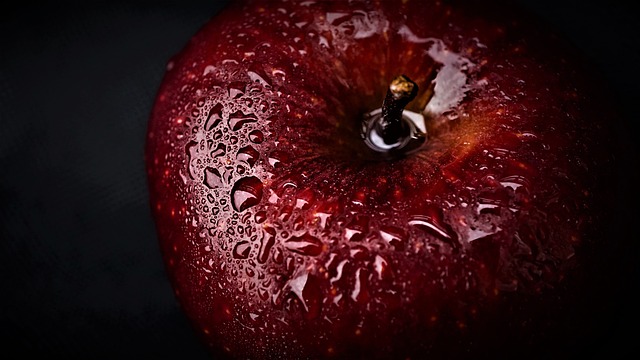The Power of Probiotics: How They Help Balance Your Gut Ecosystem
Probiotics are live microorganisms that can be found in various foods and supplements. They are known as good bacteria that are beneficial to your health, especially your gut ecosystem.
The gut is the primary location where probiotics reside, outnumbering other microorganisms. The microorganisms are crucial to maintaining the equilibrium and crucial for a healthy gut.
The gut ecosystem is responsible for many functions, including digestion, the immune system, and psychological functions. A healthy gut ecosystem is essential for proper digestion and absorption of dietary nutrients, protecting against infections, and decreasing inflammation.
How Probiotics Help Maintain Gut Health
When the gut is out of balance, also known as dysbiosis, it can lead to various health problems. Probiotics can help in several ways to maintain the balance of the gut ecosystem.
They work by promoting the growth of good bacteria while decreasing the bad bacteria’s growth. Probiotics also protect against harmful bacteria, enhancing the immune system, and increasing the gut barrier function.
Additionally, probiotics can help in the prevention of antibiotic-associated diarrhea, irritable bowel syndrome, and inflammatory bowel disease. According to a study published in the Journal of Pediatric Gastroenterology and Nutrition, probiotics lessen the severity of diarrhea by up to one day and reduce its frequency.
The Power of Probiotics in the Immune System
The immune system plays a significant role in protecting the body against diseases and infections. Probiotics have shown to strengthen the immune system significantly.
Probiotics can decrease the body’s susceptibility to infections by enhancing the production of immune cells and improving the immune response. For example, according to a study published in the Journal of Dairy Science, probiotics can increase sIgA production, an antibody that offers protection against respiratory infections.
Additionally, probiotics can decrease allergies and asthma symptoms while reducing the risk of respiratory infections.
Psychological Functions of Probiotics
Recent medical researches have shown a connection between the gut ecosystem and psychological functions. According to one of the most impactful researches published in the Journal of Neurogastroenterology and Motility, probiotics can positively impact the brain’s cognitive functions, mood, and behavior.
Probiotics may help stabilize mood and reduce anxiety by decreasing stress hormones in the body. For example, according to a study published in the American Journal of Clinical Nutrition, students who consumed probiotics experienced reduced stress levels, brain activity, and depression in comparison to those who did not consume them.
Probiotic-Rich Foods to Add to Your Diet
While supplements are a great source of probiotics, eating probiotic-rich foods should be the primary way to consume them. Here are some of the foods that are naturally rich in good bacteria:
- Yogurt
- Kefir
- Sauerkraut
- Kimchi
- Kombucha
- Pickles
Conclusion
Probiotics can significantly impact your gut health, immune system, and psychological functions positively. They are known for promoting the growth of good bacteria, decreasing bad bacteria, and protecting against harmful bacteria. While supplements are a great source of probiotics, adopting a diet rich in probiotic foods should be the primary way to consume them.







